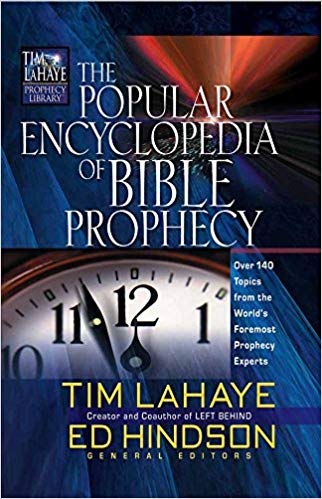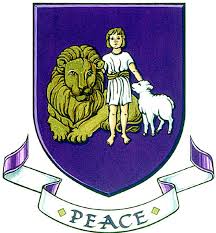ANGELS Part I

THE POPULAR ENCYCLOPEDIA OF BIBLE PROPHECY
ANGELS Part I
THE BIBLE REFERS TO ANGELS more than 300 times as real, personal, created spirit beings. Many theologians believe that God created all angels on the first or second day of creation (see Psalm 104:4). Angels can be good or evil. Demons were once angels, but they joined Satan’s rebellion against God and were cast out of heaven (see Revelation 12:4). The Bible depicts angels as God’s messengers, protectors of His people, and agents of His judgments. They have led God’s people (Exodus 14:19; 23:20), called them (Judges 6:11), delivered them (Daniel 6:22), and prophesied to them (Matthew 1:20-23). In the book of Revelation, angels announce messages, assist God’s people, and deliver God’s judgments.
THE NATURE OF ANGELS
Angels are spiritual beings who can appear in human form (Genesis 18:1-8). They generally appear as males (Mark 16:5; Luke 24:4). The only apparent exception is Zechariah 5:9, where two angels are described as women. In some cases, they appear as unusual “living creatures” (Revelation 4:6-8). At least two categories of angelic beings, seraphim and cherubim, have wings (Isaiah 6:2-6; Ezekiel 1:5-8). Several angels are described as flying (Daniel 9:21; Luke 1:19). The Bible also describes angels as both sinless and sexless beings. They do not marry or have children (Matthew 22:28-30). They have individual personalities and names, such as Michael and Gabriel. Angels also appear to be localized beings with certain limitations (Daniel 10:10-14). They can be in only one place at a time. They are God’s angels, but they are not divine and therefore do not exhibit the qualities of deity, such as omnipresence. Angels walk, talk, and eat (Genesis 18:1-9), but their power exceeds that of human beings. They can excel in strength (2 Peter 2:11). They can limit human wickedness (Genesis 18:22) and execute human judgment (Genesis 19:1-11). Angels can also exert power and influence over nature (Revelation 9:14-15).
THE NAMES OF ANGELS
Angel is the transliteration of the Greek word angelos, meaning “messenger.” It is similar in meaning to the Hebrew word malak. Fred Dickason (p. 61) states, “Depending on the context, these words may be used of a human messenger (1 Samuel 6:21) or of a supernatural, spiritual heavenly being who is employed by God as His messenger to make known His purposes (Luke1:11). ”Minister refers to the nature of the angels as ministering spirits (Hebrews 1:14). The Old Testament uses the Hebrew word mishrathim (Psalm 104:4) in the same way the New Testament uses the Greek word leitourgos of the ministry of angels. Host refers to God’s angels as a heavenly army. “The Lord of hosts” is a title of God as the commander of the heavenly army. “A multitude of the heavenly host” appeared at the birth of Christ (Luke 2:13). Watchers is the term Daniel 4:13,17 uses to show that angels watch over humans and observe their behavior. The Bible often depicts them as calling out to God to intervene in human affairs.Sons of God is another term used of angels in the Old Testament. The Hebrew term, bene elohim, is used exclusively of angels (Job 1:6; 2:1; 38:7). Holy Ones (Hebrew, kadoshim) means “separated ones” (Psalm 89:6-7). It reflects the character and nature of God’s angels.

